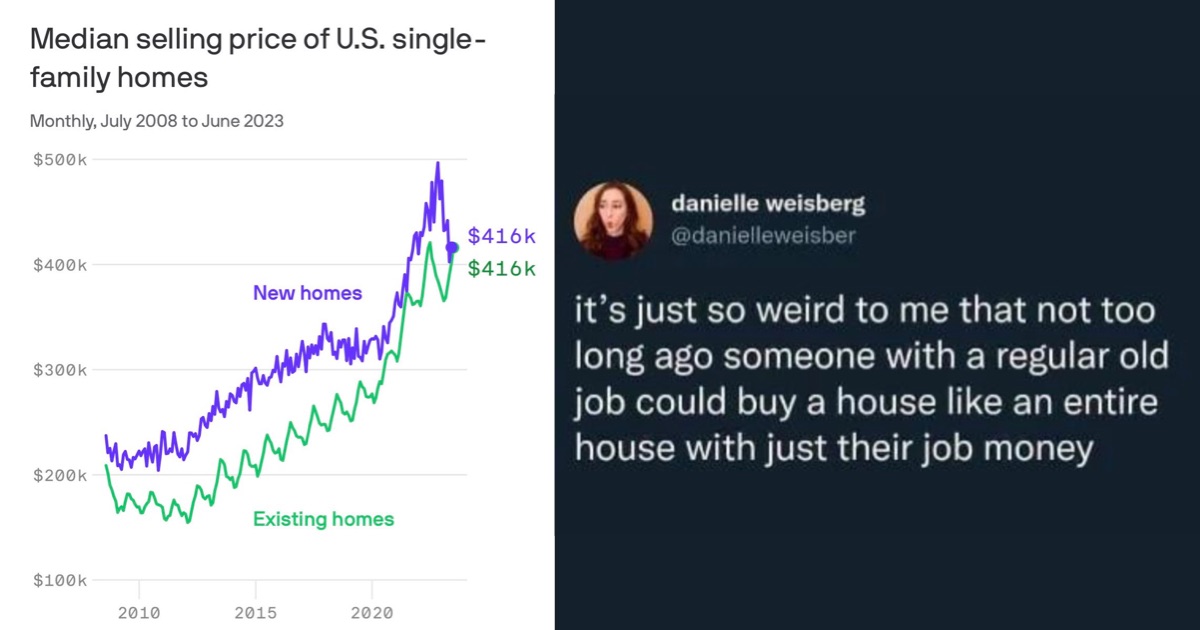
Debt
We can’t help but be influenced by the forces of cultural conditioning. But at least we can reach a level of enlightenment where we gain awareness of it and begin to manage it.
Consumer culture, that which has filled the void left by our abandonment of religion, has been especially insidious, especially with regards to its unholy union with the financial industry.
I’m seeing signs that things may be starting to shift, but for decades now, it has been the norm for people to incur as much debt as they can afford, to become tethered to the financial industry. Burying yourself in financial obligations has become the normative way of obtaining property, for example, one of the keys to financial independence. But you have to actually own it to be free. Property under the specter of a mortgage is not liberating yet it’s culturally acceptable to incur a 30 year debt load to earn it. In other words, 30 years to earn a sustainable lifestyle. I hear a lot of talk about sustainability with regards to the environment, but what about financial sustainability?
Debt constrains the field of possible options in life. I would even go as far as saying that taking on a mortgage, in terms of its impact on your life, is up there with the decision to have children. If you do the math on how much interest you pay over the life of a 30 year mortgage, it'll give you a panic attack.
Years of low interest rates have created a bubble in the housing market to the point where property prices have inflated beyond what people would be able to mortgage without them. Now that interest rates have risen, I've heard the lending market has dried up. So what will happen now? Property prices will have to adjust, right? They'll have to come back down to earth. You know, sensible prices that diligent savers can afford without a life altering mortgage.
I believed in being debt free during the inflationary low interest rate period, and, of course, I still believe in it now. The difference is, then it was harder to see the payoff, now it's obvious. Savers benefit from higher interest rates. And I think a financial policy that encourages saving is all around better for society. But in a culture that continually favors short term relief over a sustainable future, I have my doubts that our central banking technocrats will remain steadfast with high interest rates.
